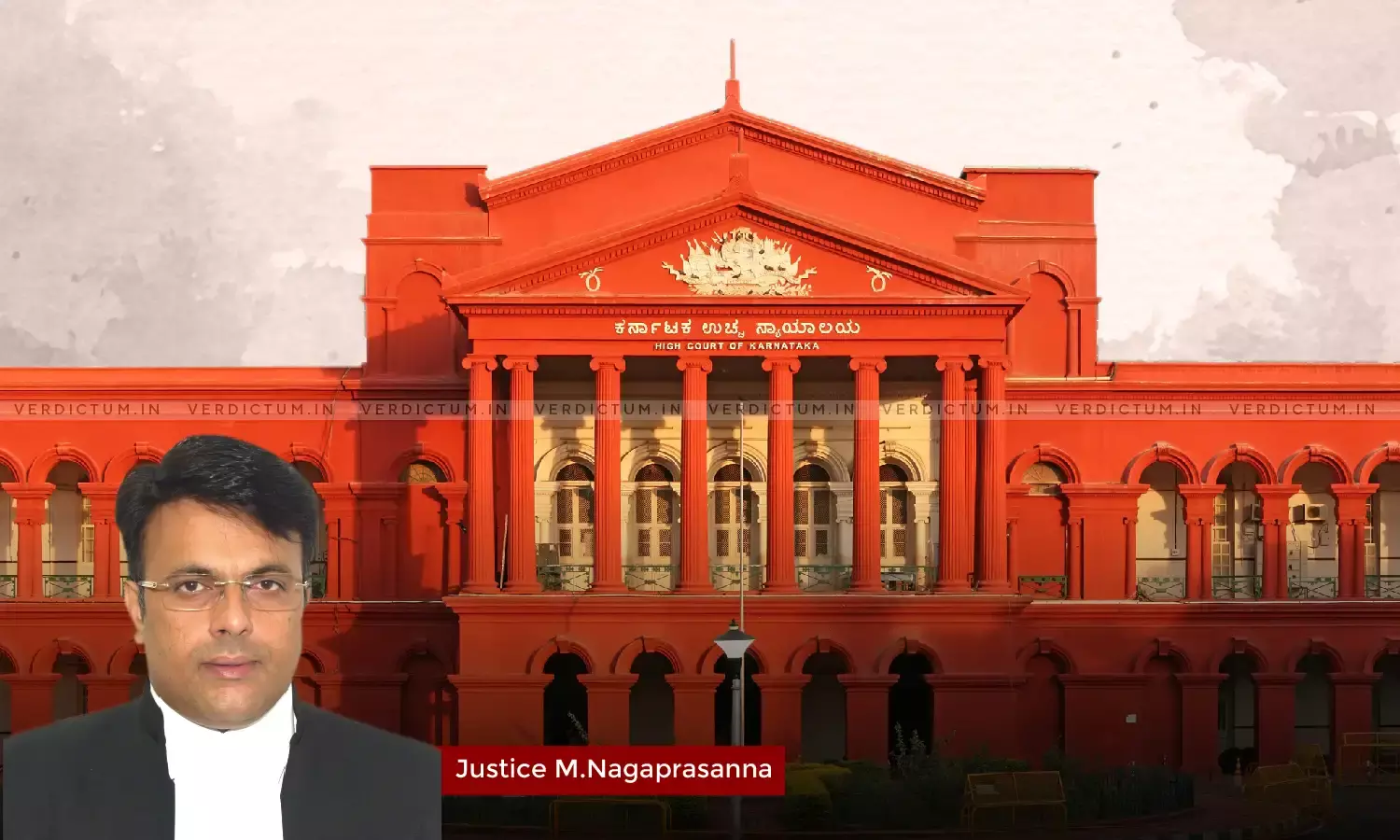DNA Mismatch Won't Absolve Accused Since It's Only Corroborative Evidence- Karnataka HC In Rape Case Of 12-Year-Old

The Karnataka High Court in a rape case has held that DNA mismatch would not absolve the crime accused since it is only corroborative evidence.
A Bench of Justice M. Nagaprasanna rejected the petition of a 43-year-old bus conductor who was accused of raping and impregnating a 12-year-old. The accused was a resident of Mysuru and was charged under the Protection of Children from Sexual Offences (POCSO) Act and the Indian Penal Code (IPC).
The complaint was filed by the mother of the victim on February 19, 2021. The bus conductor is alleged to have sexually abused the girl because she became pregnant. The police filed a charge-sheet in the case while the report of the DNA test was still pending. When the report came, it showed that the blood sample of the accused and the foetus did not match.
The accused had moved the High Court and sought quashing of the case after a DNA test showed that his blood sample and that if the foetus did not match.
Advocate Manjunath V. appeared for the Petitioner while HCGP K.S. Abhijit appeared for Respondent No. 1 before the Court.
The Petitioner had contended that he was not responsible for the victim becoming pregnant.
"It is no doubt true that DNA analysis has emerged in favour of the petitioner, for him not being the biological father. That would not, in the considered view of this Court, absolve the petitioner in entirety for the offences so alleged," the Court observed.
Further, the Court also held, "The DNA test cannot be said to be a conclusive evidence with regard to the allegations made against the petitioner. The DNA test can at best be used as a corroborative evidence."
After quoting the statement of the victim-girl given to the Court, the High Court held, "They are all unpardonable acts on the part of the petitioner unless proved otherwise. The DNA test cannot discredit what the victim has narrated in her statement that the petitioner had forcibly committed sexual acts on her."
Quoting the Supreme Court in the Sunil Vs State of Madhya Pradesh case, the High Court held, "If a positive result of the DNA comes about against the accused, it would constitute clinching evidence against him for further proceeding. If the result is negative, favouring the accused, then the weight of other materials and evidence on record will still have to be considered for corroboration."
"Therefore, it does not form such a clinching evidence that would result in termination of proceedings against the accused," the Bench said.
Accordingly, the Court dismissed the Petition.
Cause Title – Sri Swamy B. v. State by T.N. Pura Police Station
Click here to read/download the Order

